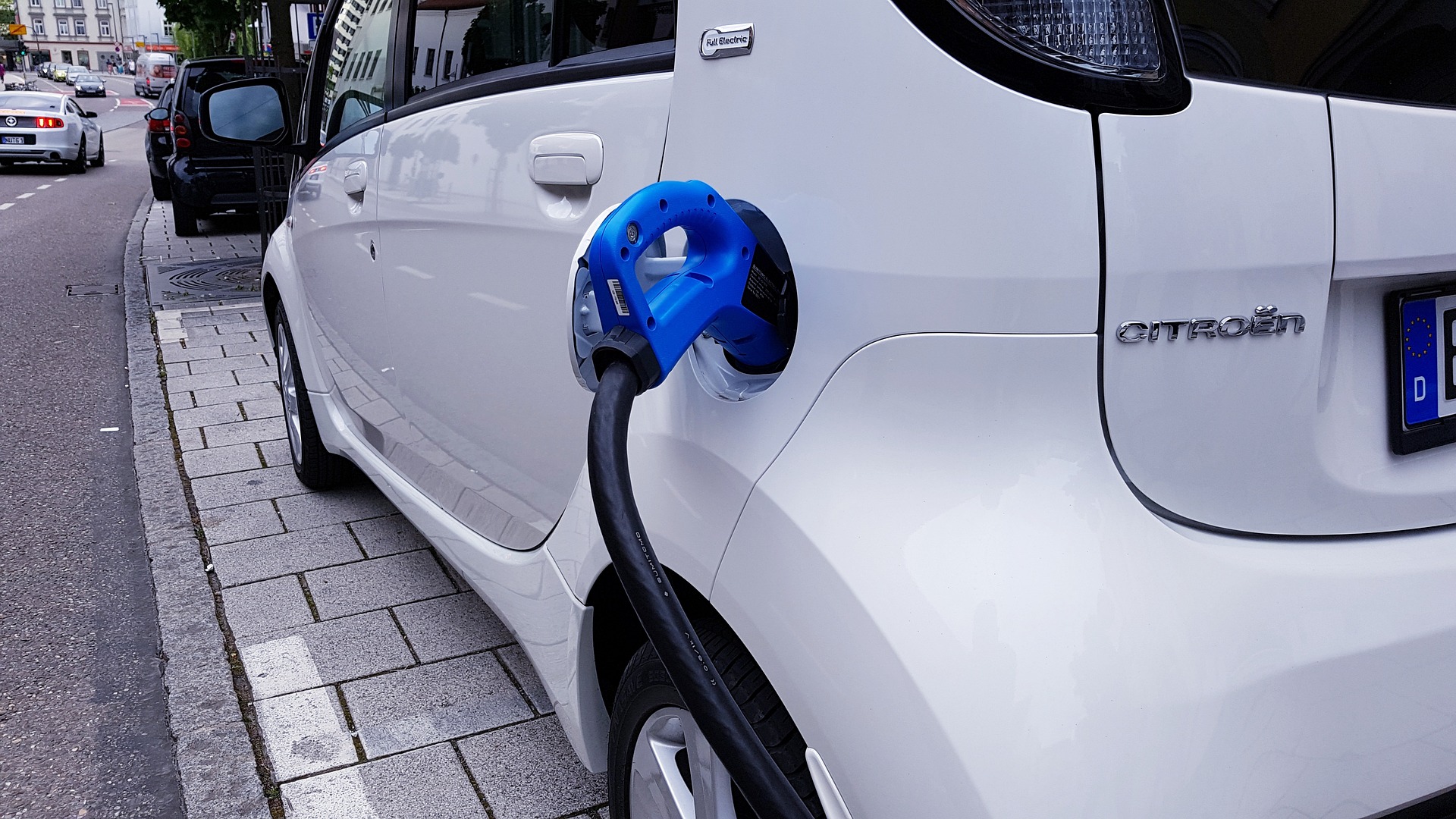Best Electric Cars for Small Households and Urban Living
Electric cars have revolutionized personal transportation, offering eco-friendly alternatives to traditional gasoline vehicles. With advancing battery technology and expanding charging infrastructure, electric vehicles now provide practical solutions for various driving needs. Small electric cars and two-person vehicles represent particularly compelling options for urban dwellers, couples, and environmentally conscious consumers seeking efficient, affordable transportation.

What Makes an Electric Car Suitable for Daily Use?
Electric cars offer numerous advantages over conventional vehicles, including zero direct emissions, lower operating costs, and quieter operation. Modern electric vehicles feature improved battery ranges, typically spanning 150 to 400 miles per charge, making them viable for daily commuting and weekend trips. Key considerations include charging time, battery capacity, interior space, and available safety features. Most electric cars can charge overnight using standard household outlets, while fast-charging stations can replenish batteries to 80% capacity within 30 to 60 minutes.
How to Choose the Best Electric Car for Two People
Selecting an electric car for two-person households involves evaluating specific needs and preferences. Compact electric vehicles often provide sufficient space for couples while maintaining excellent fuel efficiency and parking convenience. Important factors include seating comfort, cargo capacity, driving range, and technology features. Two-person electric cars typically offer premium interior materials, advanced infotainment systems, and enhanced safety equipment. Consider daily driving distances, charging options at home or work, and local infrastructure when making your decision.
What Are the Best Small Electric Car Options Available?
Small electric cars combine efficiency with practicality, making them ideal for urban environments and budget-conscious buyers. These vehicles typically feature nimble handling, easy parking capabilities, and lower purchase prices compared to larger electric SUVs or luxury models. Popular small electric cars include hatchback designs, compact sedans, and city-focused vehicles with ranges between 100 to 250 miles. Many small electric cars offer surprisingly spacious interiors despite their compact exterior dimensions, utilizing efficient packaging to maximize passenger and cargo space.
Top Electric Car Models and Pricing Comparison
Several manufacturers offer excellent electric cars suitable for small households and urban driving. The following comparison highlights popular models with their key features and estimated pricing:
| Vehicle Model | Manufacturer | Range (Miles) | Starting Price |
|---|---|---|---|
| Nissan Leaf | Nissan | 149-226 | $28,140 |
| Chevrolet Bolt EV | Chevrolet | 259 | $27,200 |
| Tesla Model 3 | Tesla | 272-358 | $38,990 |
| Hyundai Ioniq Electric | Hyundai | 170 | $33,245 |
| BMW i3 | BMW | 153 | $44,450 |
| Mini Cooper SE | Mini | 114 | $29,900 |
Prices, rates, or cost estimates mentioned in this article are based on the latest available information but may change over time. Independent research is advised before making financial decisions.
Understanding Electric Car Operating Costs and Savings
Electric cars typically cost significantly less to operate than gasoline vehicles, with electricity prices averaging 60-70% less than equivalent gasoline costs per mile. Maintenance expenses are generally lower due to fewer moving parts, no oil changes, and reduced brake wear from regenerative braking systems. Insurance costs may vary depending on vehicle value and safety ratings, though many electric cars qualify for federal tax credits up to $7,500, plus additional state and local incentives. Calculate total ownership costs including purchase price, financing, insurance, charging expenses, and potential savings from reduced maintenance.
Charging Infrastructure and Home Installation Considerations
Successful electric car ownership depends largely on convenient charging access. Home charging stations provide the most practical solution for daily use, allowing overnight charging during off-peak electricity rates. Level 1 charging uses standard 120-volt outlets but requires 8-12 hours for full charging, while Level 2 systems use 240-volt connections and complete charging in 4-8 hours. Public charging networks continue expanding rapidly, with fast-charging stations available at shopping centers, workplaces, and highway rest stops. Research local charging infrastructure and consider professional installation costs for home charging equipment.
Electric cars represent an increasingly practical choice for modern transportation needs, particularly for two-person households and urban drivers. Small electric vehicles offer excellent efficiency, reduced environmental impact, and lower operating costs compared to traditional vehicles. When selecting an electric car, consider your daily driving patterns, charging requirements, budget constraints, and desired features. The growing variety of electric car models ensures options suitable for diverse preferences and needs, making the transition to electric driving more accessible than ever before.




